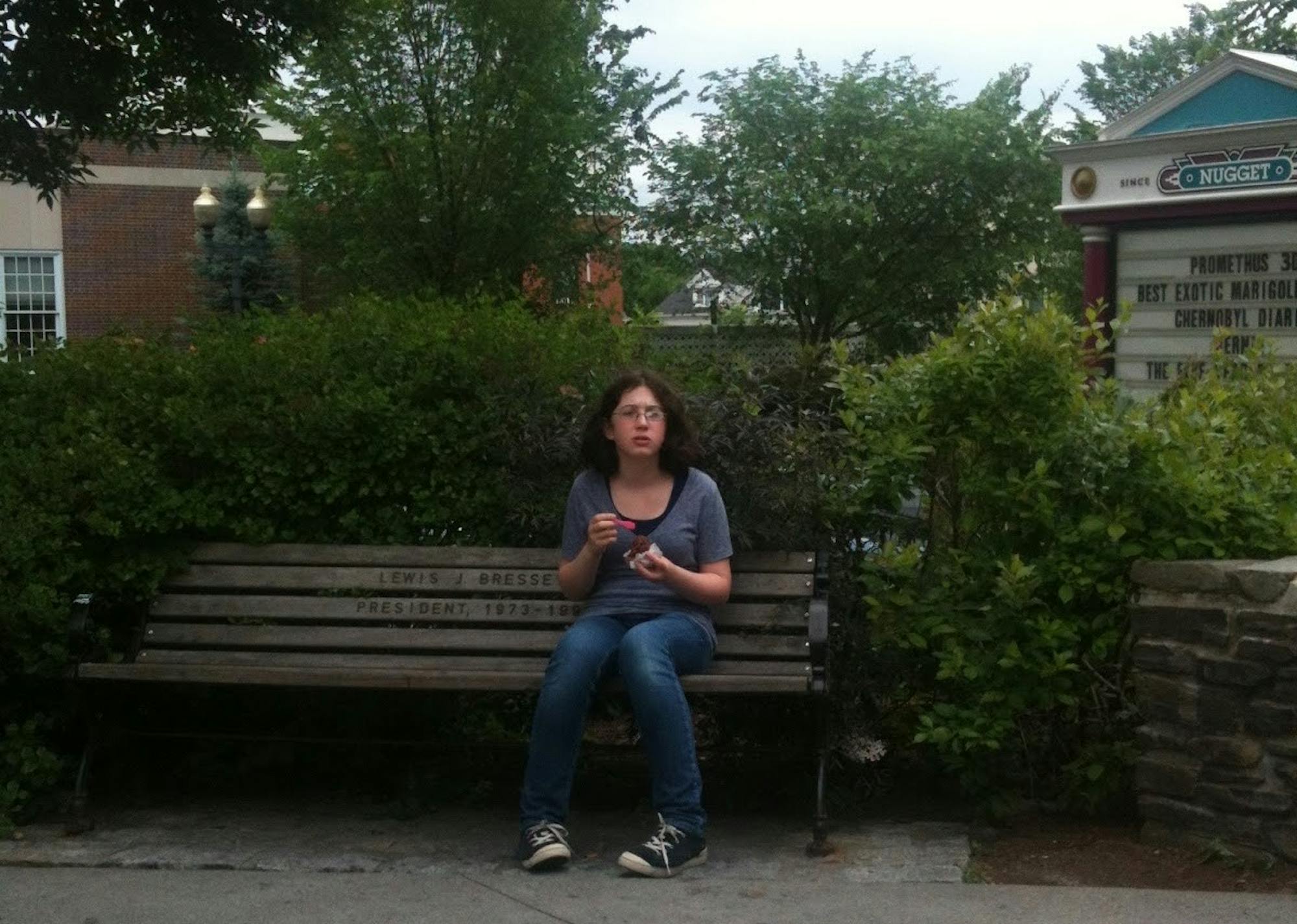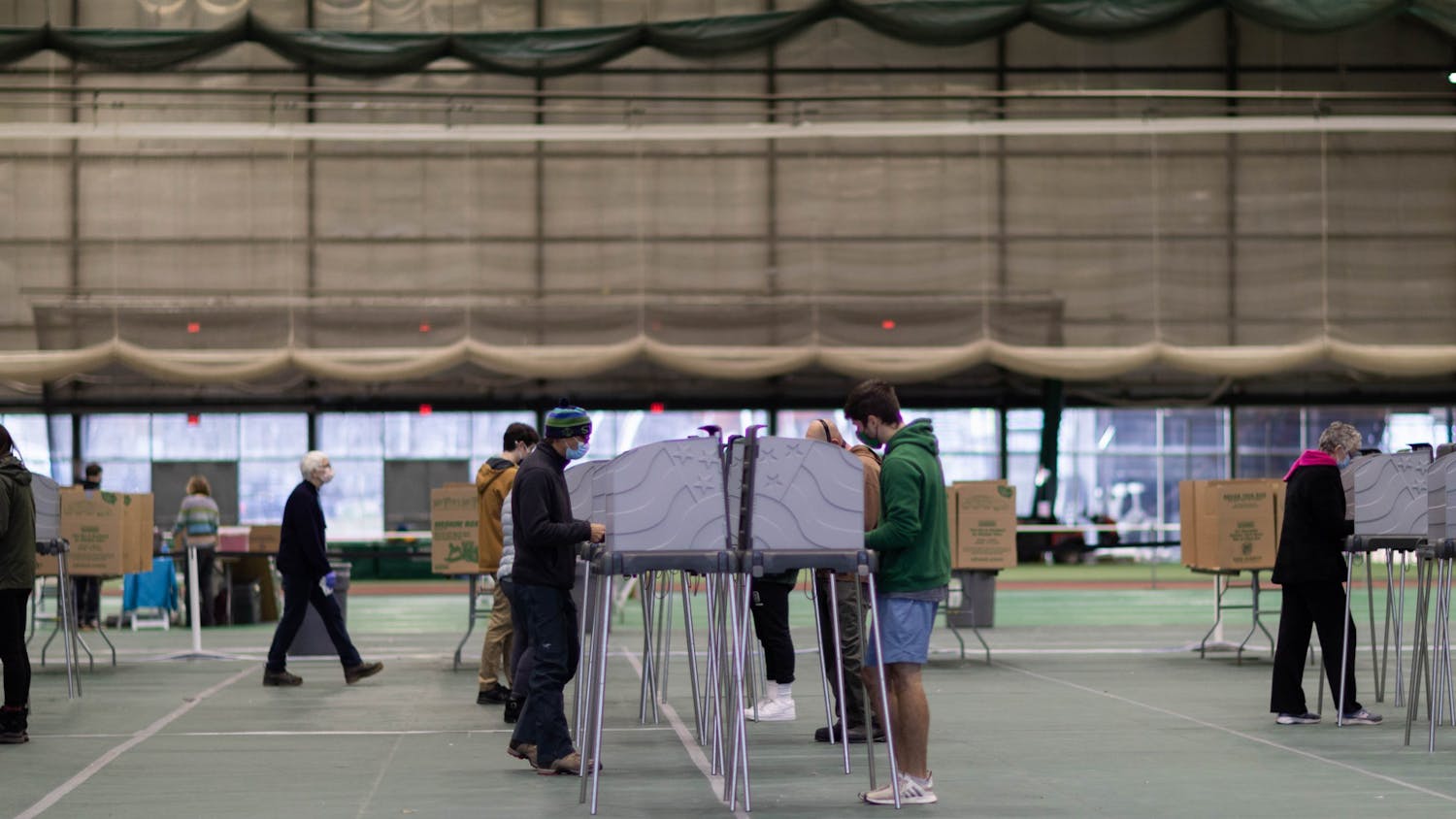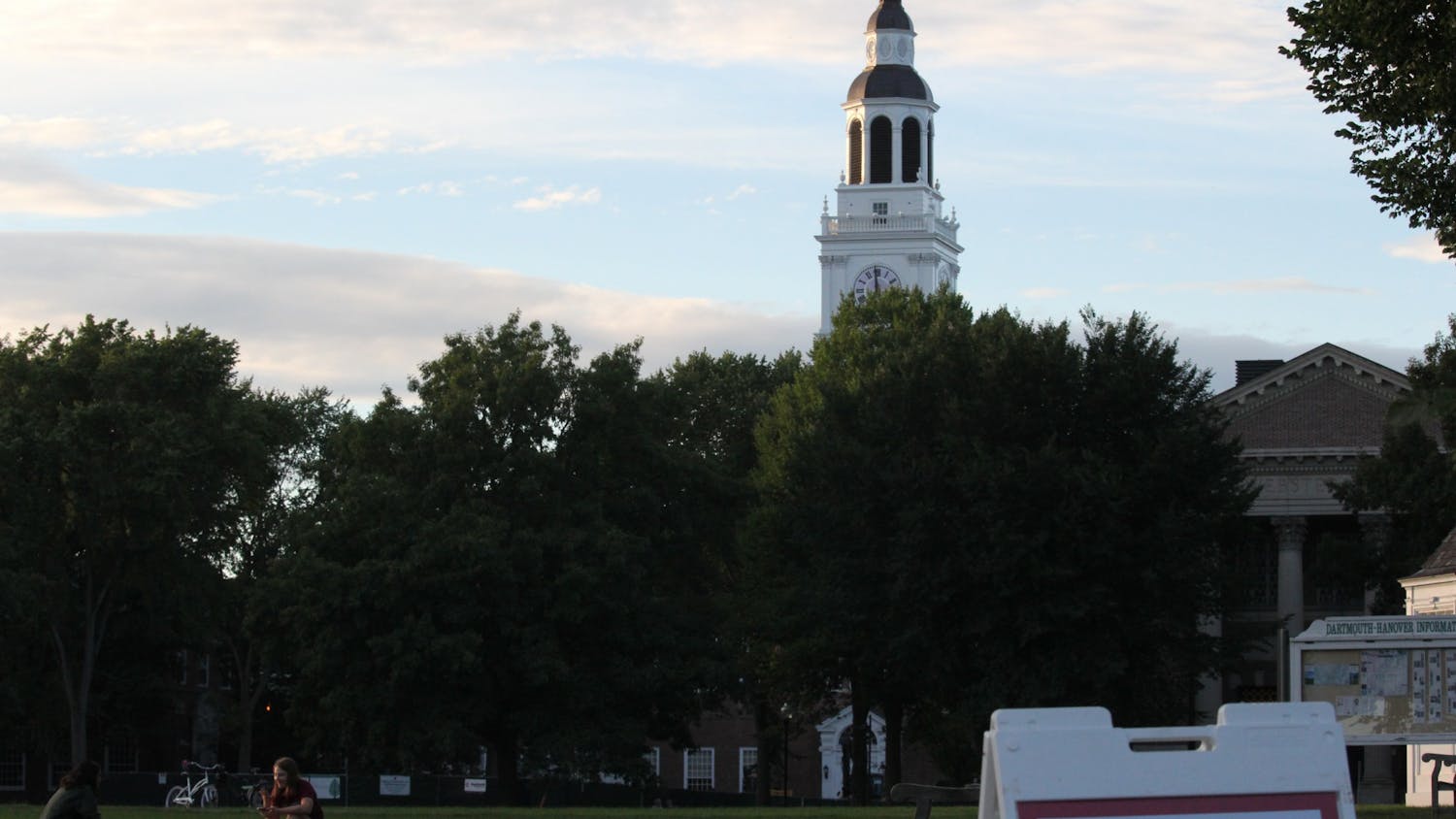When people learn that I grew up in Norwich, they usually have a couple of questions. For my sake, and for the sake of everyone who’s curious, I thought I would start by answering those.
1. You’re local! Does that mean you went to Hanover High?
Actually, no. I would have, but instead I went to a boarding school on the New Hampshire seacoast. I did go to middle school in Hanover, though, so whatever Hanover High grad you know, I probably know them too.
2. So, could you just live at home with your parents?
I mean, yeah, if I wanted to. My house is like 15 minutes from campus, though, and I hate driving. And honestly, how many college students do you know that would rather live at home than in a dorm with a bunch of other hormonal strangers?
3. Is it weird?
Yeah. It’s kinda weird.
The thing about being local is that, honestly, it’s not such a big deal. In a normal world, it has its benefits — I like getting to see my parents every once in a while, and moving to and from campus is pretty easy.
During COVID-19, it’s been a lot scarier than normal. My family and friends are all in Dartmouth’s orbit, so when case counts go up on campus, I have to worry about almost everyone I know — not just me and my college friends. Take this as your official warning: If you’re wearing a Dartmouth sweatshirt and you try to get within 10 feet of my grandparents, I cannot be held liable for any actions I may take.
But mostly, my Dartmouth experience has been much like anyone else’s. I’ve felt ignored and unsupported by Dartmouth’s administrative structures and isolated in social spaces, alternative and otherwise. I’ve also found dear friends and had wonderfully attentive and caring professors who helped me make the best of things like thesis proposal rejections and unsatisfying graduate school results. On a fundamental level, I disagree with many of Dartmouth’s actions, from the way our endowment is invested to the recent and deeply unsettling study abroad cuts and library closures — but because this college has my home in its lap, I love it.
Something I do worry about is the question of experience. As a writer, I thought college would be the time when my life would finally start to expand, when I would begin the lifelong process of gathering creative material from the “real world.” In high school, suffering through slogs of homework, surrounded by classmates who breathlessly compared SAT scores like they were blood types, I envisioned my glowing, smooth-haired college self. I would start doing new drugs, meeting new people, going to new places at new hours of the night. As it turned out, I did get to have some of that. But between winding up at Dartmouth and COVID-19 collapsing my senior year into a space the size of my childhood bedroom, I’m left feeling weirdly, sadly cheated.
In all the ways that matter, I’ve been very lucky this past year — I’ve been able to stay safe, as have my friends and family. And yet, it’s as if I never grew up. I feel like I’m the same person I was in high school, maybe even middle school, turning down the same sidewalks and eating at the same restaurants, albeit in a slightly shinier shell.
Even in non-pandemic-stricken years, I’m sure a lot of people feel this way — people who go to school across the country or overseas maybe as much as those who stay at home. But as I’ve moved through my four years at Dartmouth, I’ve found that sense of stagnation — of being isolated inside the self I was five, 10, 15 years ago — increasingly overwhelming.
I don’t regret coming to Dartmouth. I don’t think it’s made me a worse writer or prevented me from growing as a person. Sometimes, though, I think about what could have been.
I’m currently hearing back from the 17 grad schools I applied to this fall. So far, it’s mostly been a wash of rejections, something I expected given the size of the programs I applied to: workshop-based ones that take four or five students maximum. The rejections are no fun, especially since graduating into a pandemic makes my job prospects feel frighteningly scarce, but I’ve also gotten a little bit of good news.
Last week, I had my first acceptance, from a school about two hours away from Dartmouth and 15 minutes from the town where I went to high school. It’s a great program, and I’m lucky to have even one option, since in creative writing it’s not unheard of for people to get rejections across the board in their first year of applications. Still, I think about another two or three years in New Hampshire, and I just can’t summon the excitement I know this news deserves.
It’s like there’s this little Bermuda Triangle centered on Dartmouth and I’m a tiny ship, trapped somewhere in that roiling sea. In some ways, that’s overdramatic. I love where I grew up, and comparatively speaking, I’ve had a relatively easy and safe experience being here. I think I’d like to stretch my legs a little bit, though.
There are still a few grad programs I haven’t heard from yet, and maybe I’ll get the call and head off to San Francisco, or British Columbia, or Baltimore. Or maybe not — and maybe that’ll be all right.
4. So, would you say you’re a hometown girl at heart?
Yeah. I don’t know. Maybe for a little while longer.




